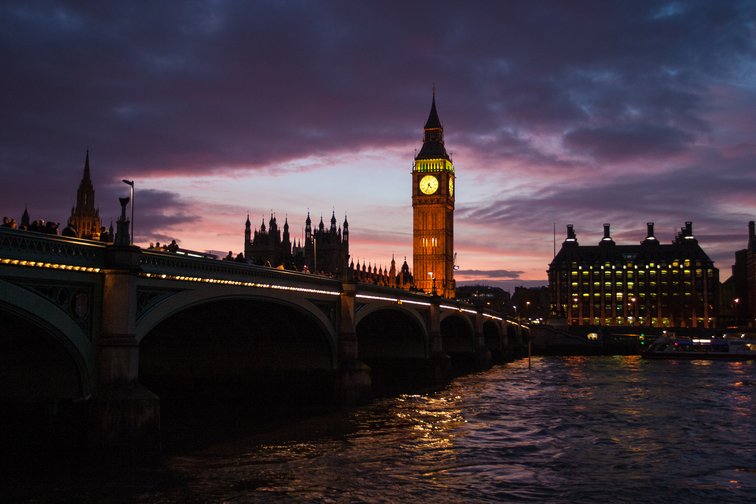Original article by Tom Brake republished from Open Democracy under a Creative Commons Attribution-NonCommercial 4.0 International licence.
We know think tanks can shape government policy. But we often have no idea who is paying them to do so

You don’t have to follow UK politics too closely to have spotted the names of a handful of think tanks cropping up again and again in the news.
There is little doubt these organisations exert significant influence. Just last year, the Institute for Economic Affairs (IEA) was reported to have shaped then-prime minister Liz Truss’s disastrous budget.
And sometimes it seems like only hours have passed between the publication of a Policy Exchange research paper and the adoption and implementation of its content as government policy. This is perhaps unsurprising given even Policy Exchange says its “status as the UK’s most influential think tank is widely recognised”.
The influence of high-profile think tanks is also apparent in the revolving door between them and the government. The former CEO of Taxpayers’ Alliance (TA), for example, took up a job in Priti Patel’s office when she was home secretary.
So we know think tanks can shape public policy. What is often far less obvious, though, is who is paying them to do so.
openDemocracy’s annual Who Funds You? report, published today, assesses how transparent think tanks’ financial disclosures were in the past year, grading them on a scale from A to E based on how much they publish about their funders.
I should mention, at this point, that I am the CEO of Unlock Democracy, a think tank awarded an A rating (the most transparent possible) in the report.
The report has revealed that UK think tanks have raised more than £101m to influence public policy in the run-up to the next general election – £25m of which came from ‘dark money’-funded think tanks, which are opaque about funders.
Policy Exchange and the IEA were both awarded D ratings, the second lowest.
There is nothing in either think tank’s mission that indicates any requirement for high levels of secrecy surrounding their funders. So why are they so shy about revealing their backers?
Is it because the public and ministers might view any advocacy of slower action on climate change or accusations of ‘nanny-statism’ over limits on sugar, salt and fat in processed foods differently if their accounts revealed they were partly funded by oil or gas companies, large food manufacturers or private individuals with an interest in promoting deregulation or privatisation? Of course, they might not be. But that’s the point – we don’t know.
Or is it because much of the media might stop describing them, rather generously, as ‘independent’ if the truth were known about from where and whom they received financial support?
Or is it because pressure would build for Parliament to force these think tanks to register as consultant lobbyists?
Given the IEA, Policy Exchange, the Taxpayers’ Alliance and other think tanks have declined to take voluntary action to reveal their sponsors, it is time for the government to step in and require them to declare funders contributing over £5,000 a year.
The media could help by refraining from describing think tanks whose funding remains as murky as the waters in our polluted rivers as ‘independent’.
We would all then be better equipped to establish whether the exhortations of the most influential think tanks will help deliver ‘a stronger society’ or something far less attractive.
The full report is available at opendemocracy.net/who-funds-you/
Original article by Tom Brake republished from Open Democracy under a Creative Commons Attribution-NonCommercial 4.0 International licence.